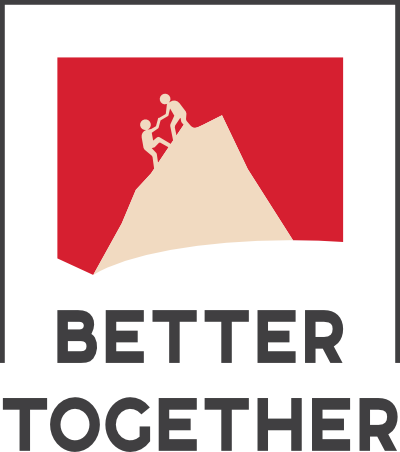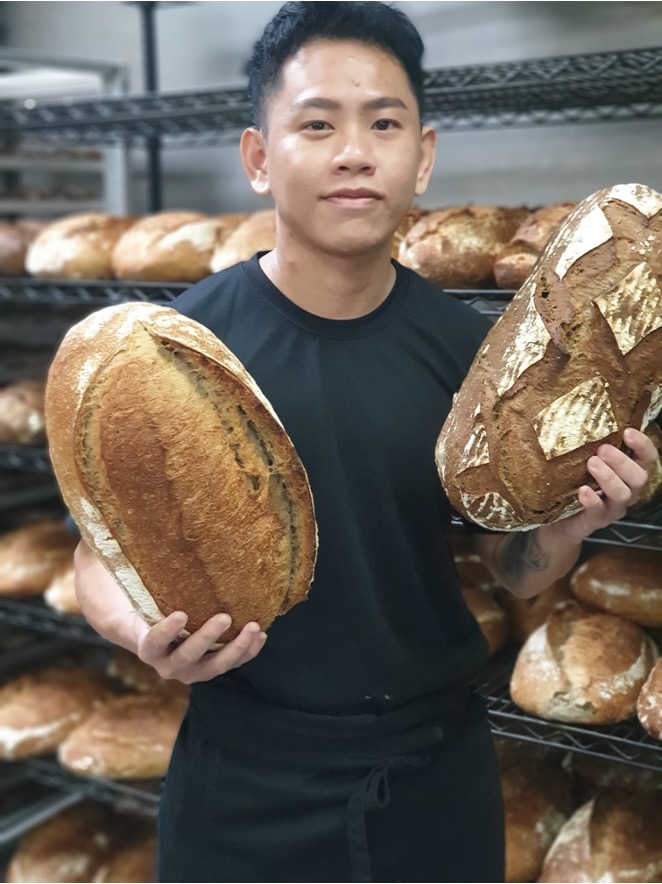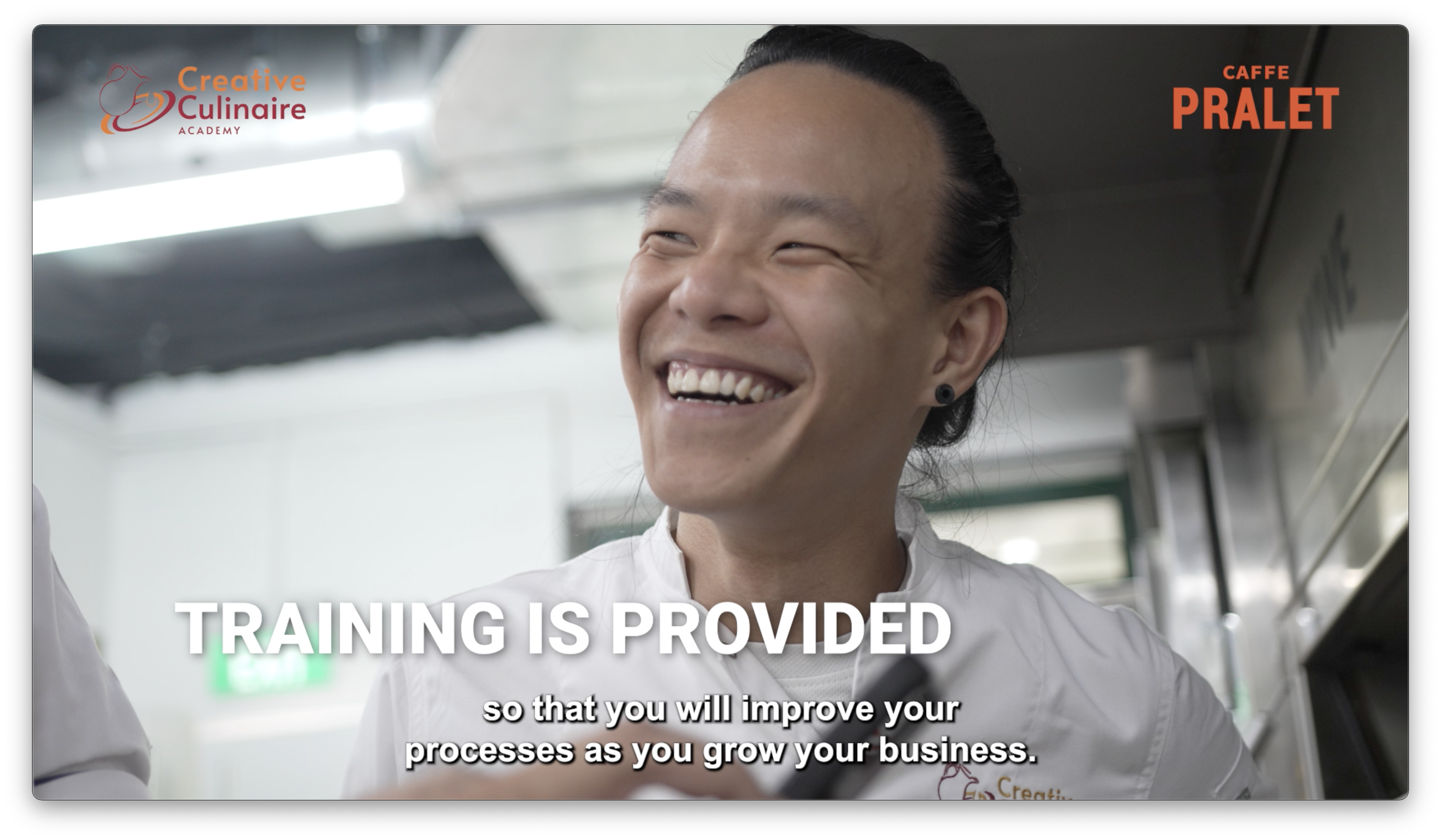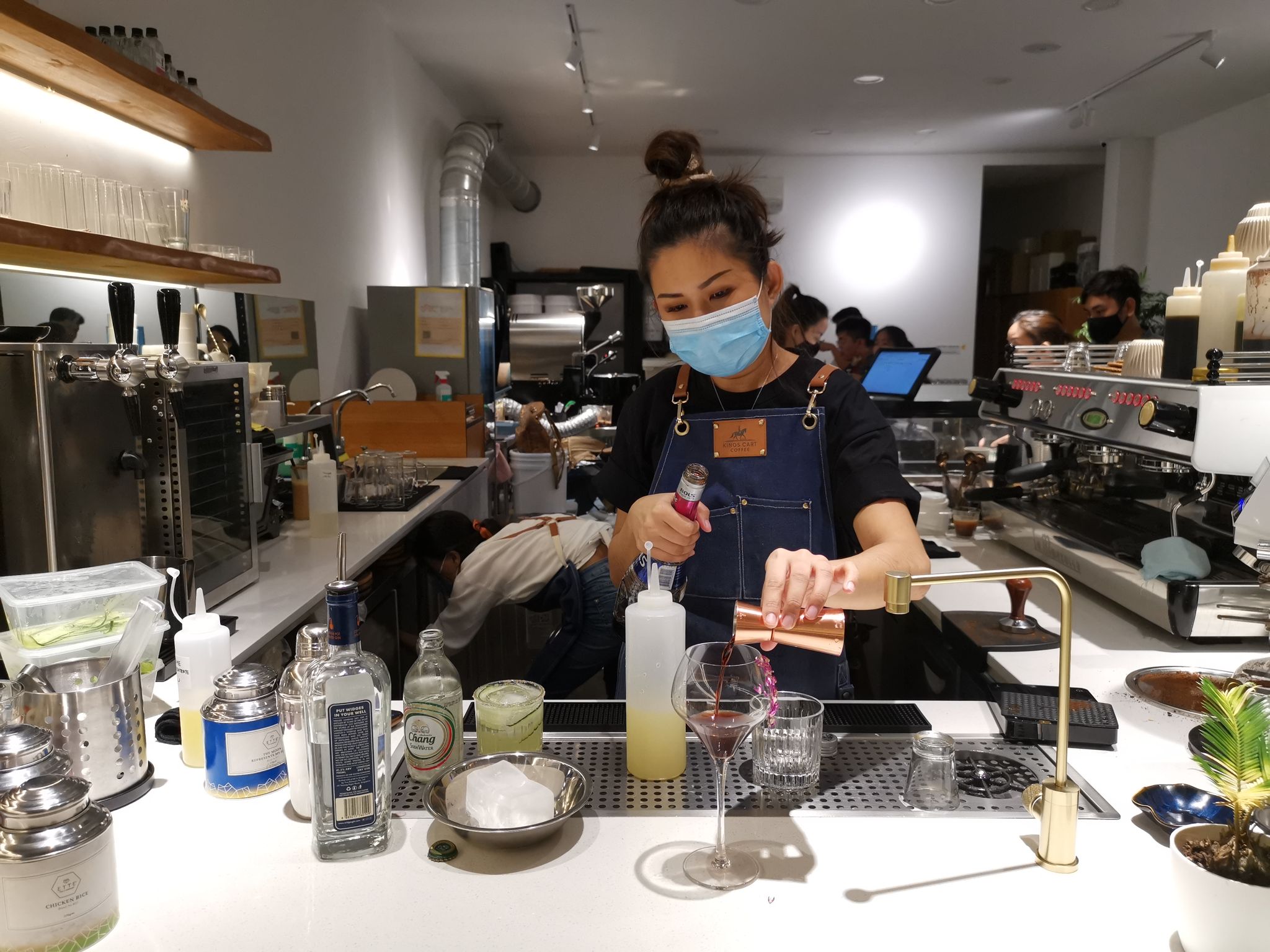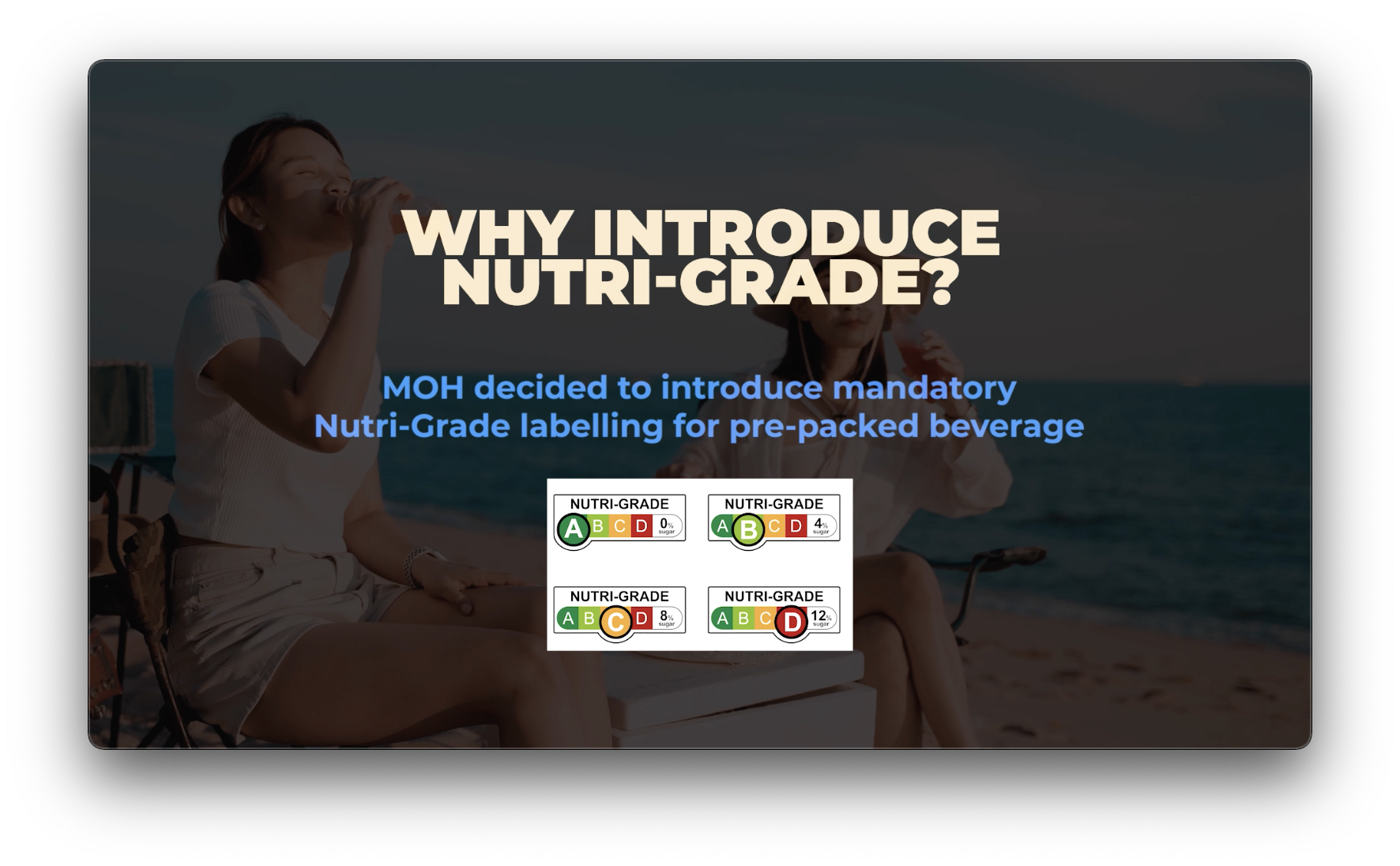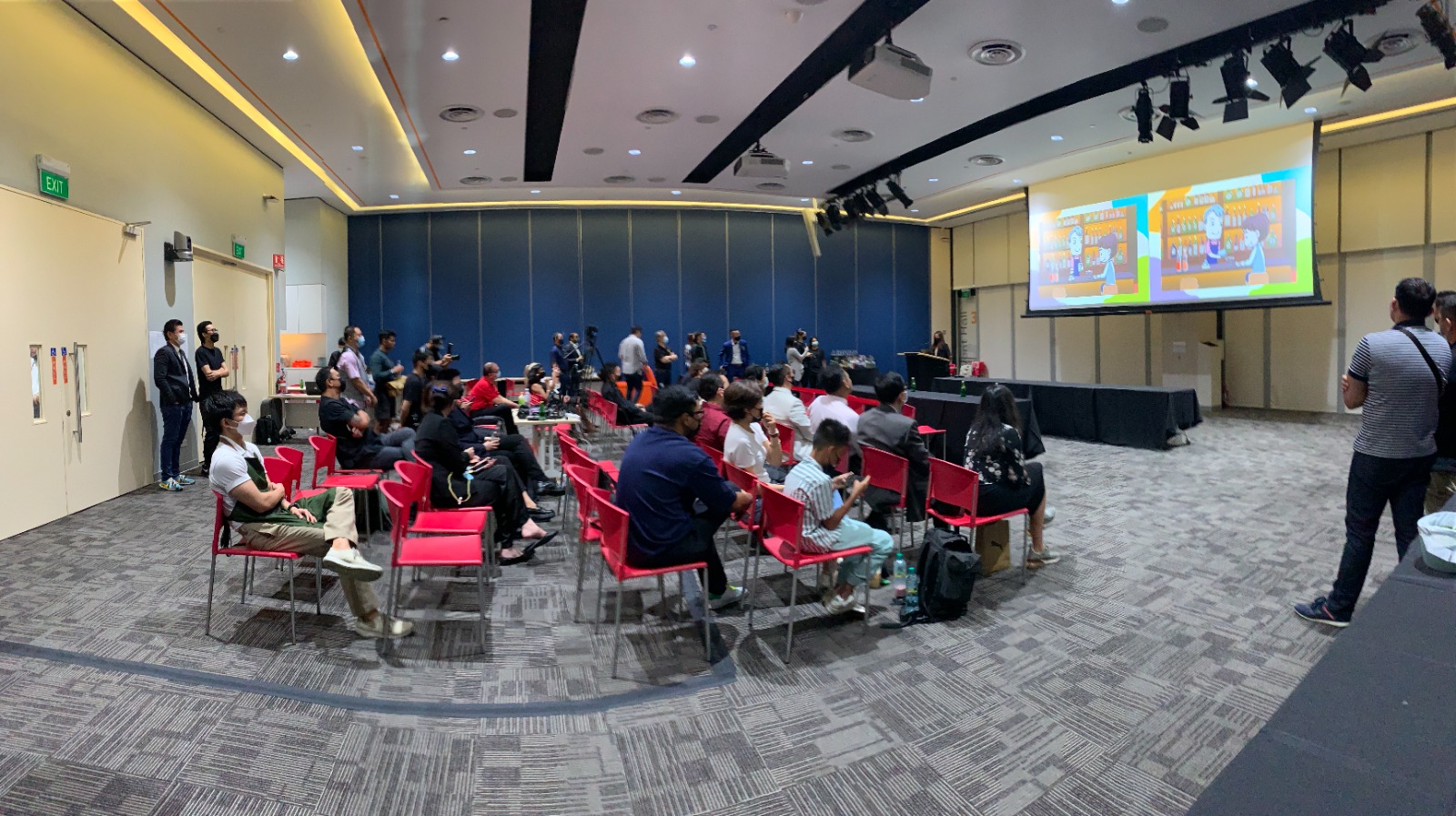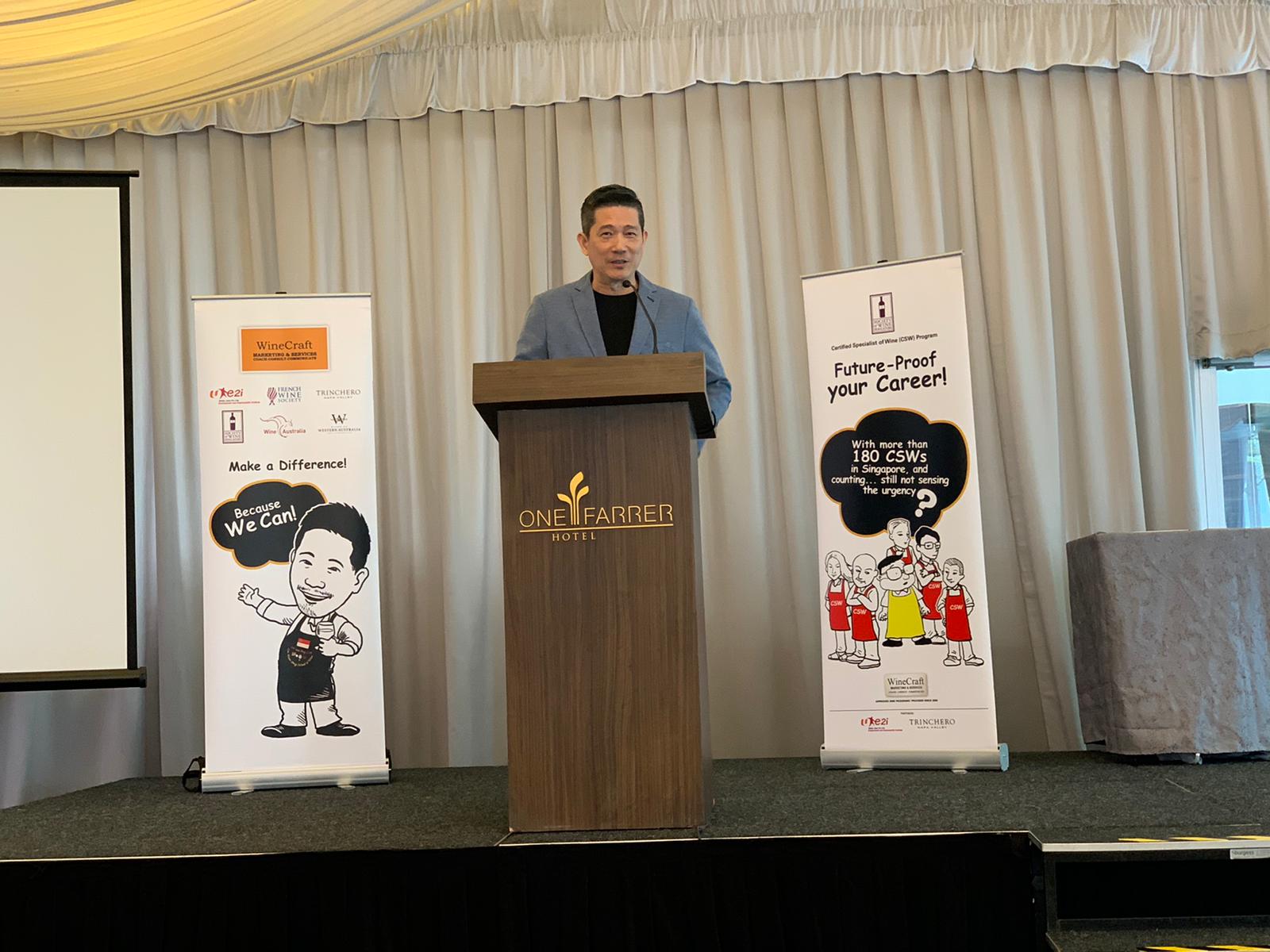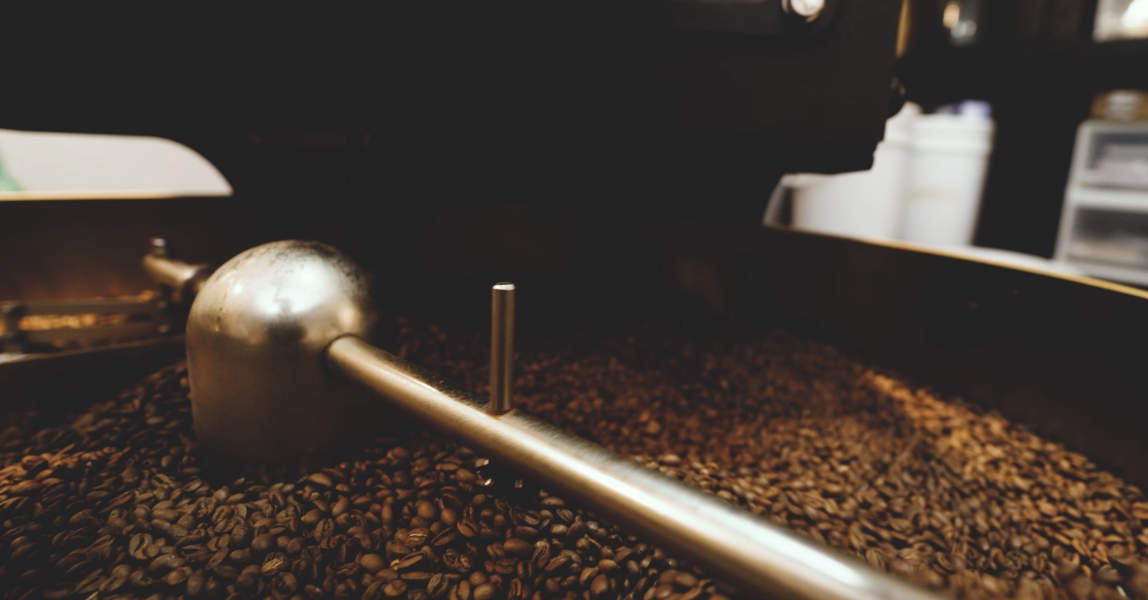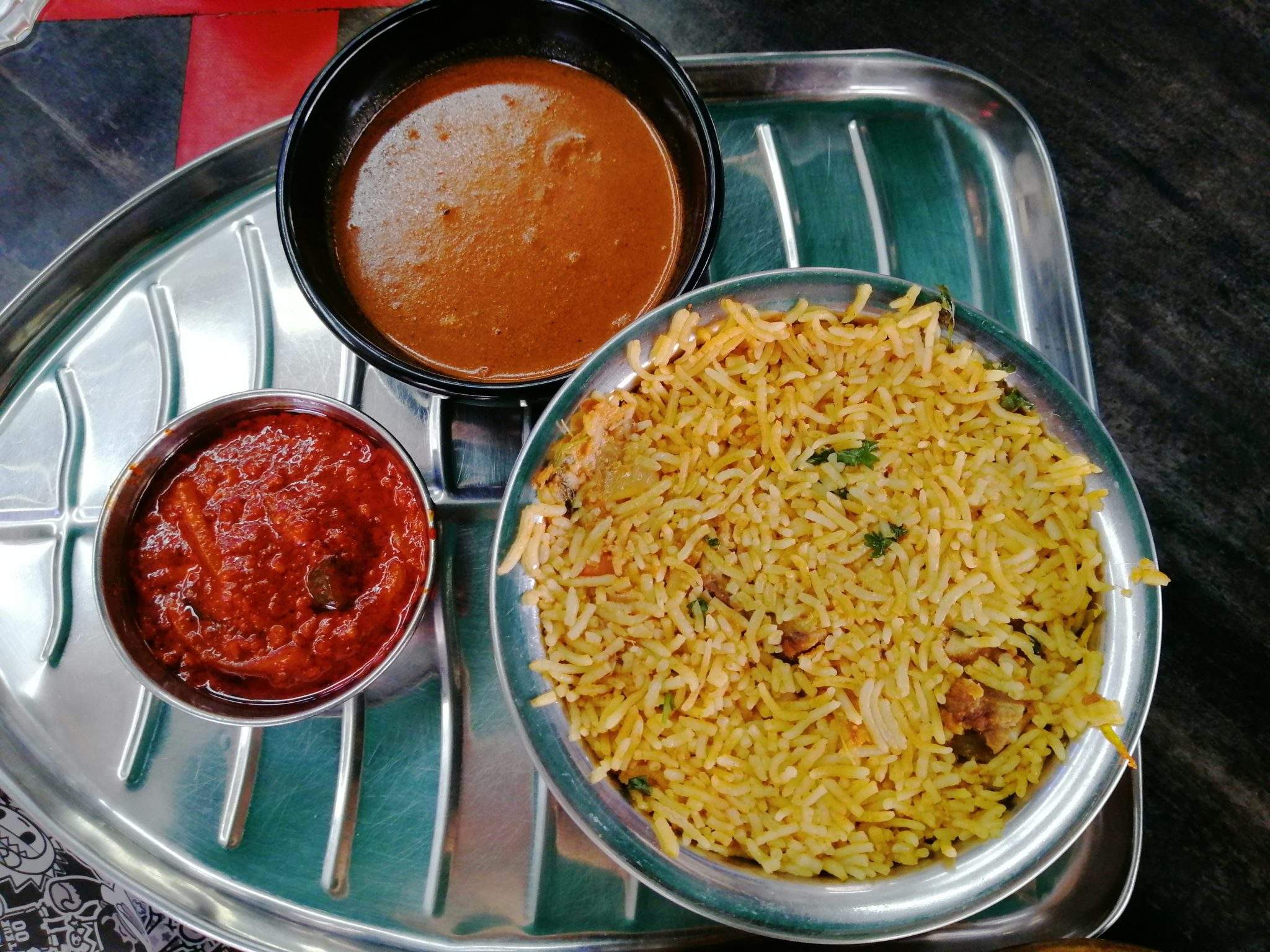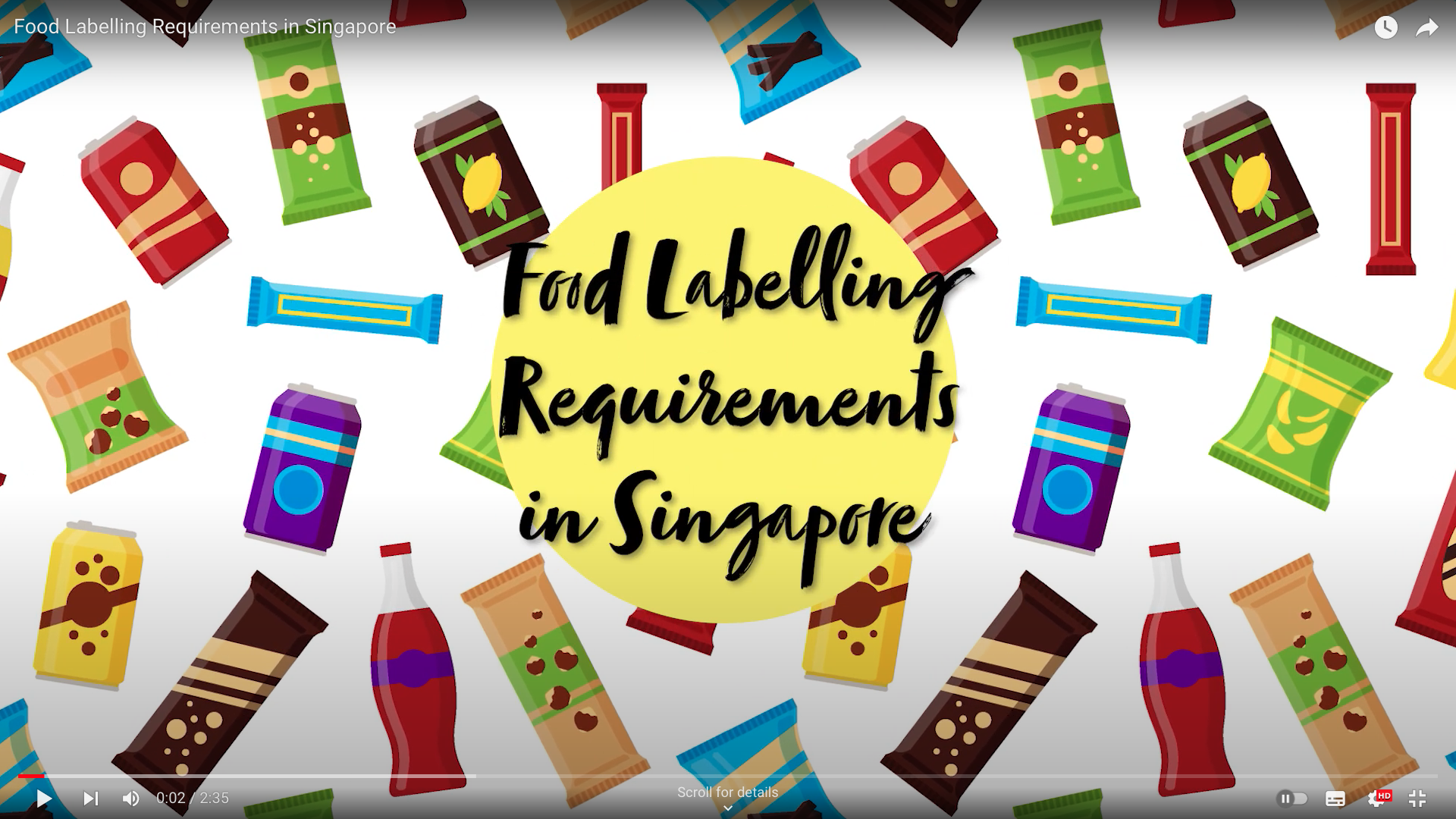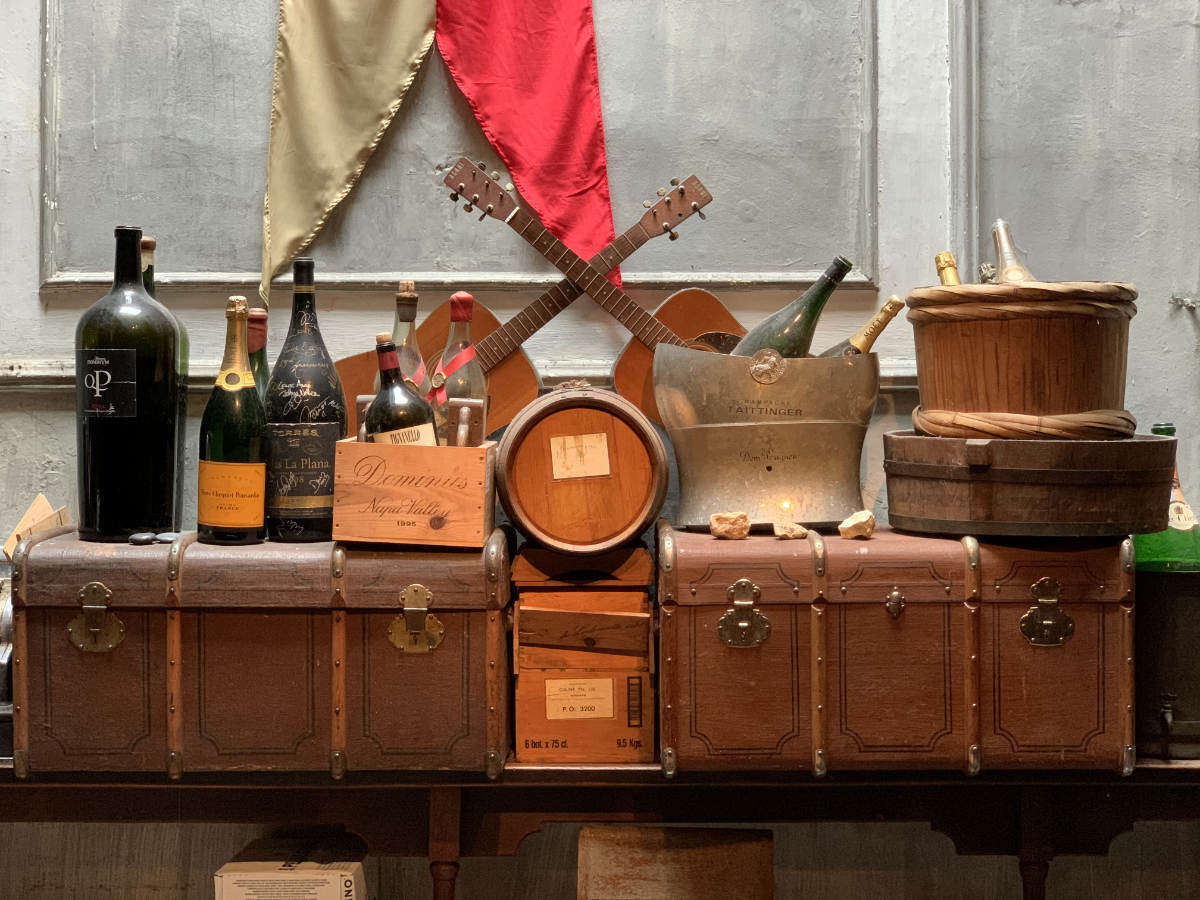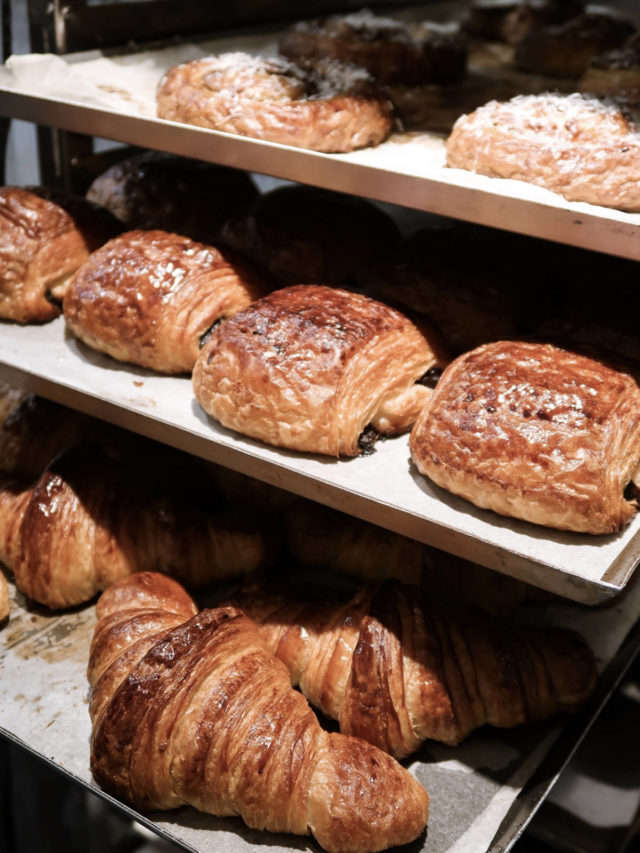The wine industry is staring down at the disruptive forces of change in recent times, Hoe Ziqian walks us through how companies can stay ahead of the curve with an open mind and a healthy dose of courage
Perhaps by design, the Wine Specialist 4.0 skill pillars of Adaptive, Technology and Technical mirror the challenges of today’s economy, more so in the tumultuous times that we find ourselves in, right in the midst of the Covid-19 global pandemic. Needless to say, in a technical industry like wine, a sound understanding of the fundamentals of viticulture and vinification is non-negotiable. While there is no weightage assigned to each pillar, it is clear that the Adaptive and Technology pillars are becoming increasingly important as the players in the wine industry prime themselves to meet the challenge of the new normal.
Technology has been and will continue to be a driving force in many industries, but it is also disrupting the wine industry, one notorious for being steeped in tradition, which is probably a polite way of saying stubborn and resistant to change. By upskilling aspiring wine specialists on the appropriate use of technology, it opens up new opportunities, even ones which many never knew existed. It is now commonplace to conduct wine tastings over video conferencing, which six months ago is probably unheard of and most likely frown upon. This is a subtle yet impactful example of how technology can help companies engage their customers by bridging the geographical barrier imposed by our circumstances.
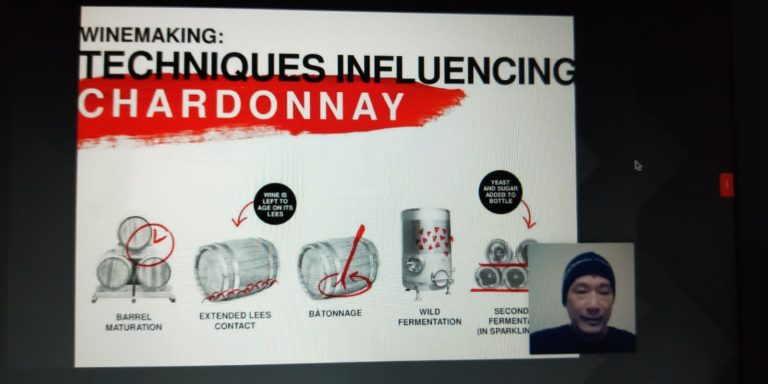
Interested to find out more about the terroir of a certain wine region or the vinicultural secrets of a particular wine maker? A Facebook Live broadcast guided by an established wine maker sounds like a logical place to start. No, you would not be able to feel the cool marine air sweeping through the Golden Gate into the Carneros region of Napa Valley, but you can definitely witness the early morning fog through the lens of a local wine maker.
Attaining proficiency in digital solutions like e-commerce platforms and integrating these to the supply chain backbone managing wine inventory would certainly have help many wine retailers broaden their reach and strengthen their operational effectiveness. This is often overlooked especially in the wine business, but the truth is, it is as much about the ‘business’ as it is about the ‘wine’. Wine romantics may not admit it, but the employees of wine merchants have sales targets to meet and families to feed. Digital solutions would also lower the barriers to regional expansion as many of the solutions these days scale very well and are therefore a crucial enabler to a wider global footprint.
You can almost argue that the Technology pillar is a sub-set of the Adaptive pillar, because of how technology often comes across as being a direct evolutionary response to threats facing the wine industry. In reality companies stand to gain alot more if their employees hone their Adaptive skillsets on top of their tech literacy. The word adaptive implies resiliency, which is a trait that most companies would like to see in their employees. Being sensitive to changes brought about by shifts in consumer preferences or industry trends would help the company predict and navigate any potential headwinds. By staying ahead of the curve, it might also make the company more attractive to other wine talents, which is definitely a desirable by-product.
A company which has shown the ability to adapt to its circumstances is Crystal Jade Culinary Concepts Holdings, where Steven Chen is the Director of Operations. Faced with a service team that is mostly Mandarin or Cantonese speaking, the act of wine education may not be as straightforward as one can imagine. Chen opted to go with focused selling where he collaborated with wine makers and suppliers to train his service team on a concise list of labels for a fixed period of time. This allowed the team to deep dive into the wines of that particular wine maker and gain a more thorough understanding and appreciation of each variant. While this may sound simple, those of you who have been in the front-line of wine know all too well that the devil is in the details. True enough, this focused approach has brought about a significant increase in the sales of wine for Crystal Jade within a reasonably short timeframe. Although Covid-19 disrupted the momentum somewhat, the skills gained by the employees will no doubt stand them in good stead.
As with all consumer-facing businesses, there is bound to be conflicts and friction as we go about our daily grind. A wine specialist is as much a public relations specialist as he is a wine artist, so being skilled in the art of dispute resolution would certainly raise the public perception of the company. Word-of-mouth remains an important sales channel given the nature of the wine industry, so it is imperative that any wine merchant upholds its reputation and standards. Many of us might not think too much of this, but in reality, it is the little things that matter.
The Wine Specialist 4.0 initiative essentially enables a company to grow its own timer. The upskilling of employees would have equipped them with the necessary skillsets to meet the challenges within the industry and more often than not, this translate to better performance for the company.
